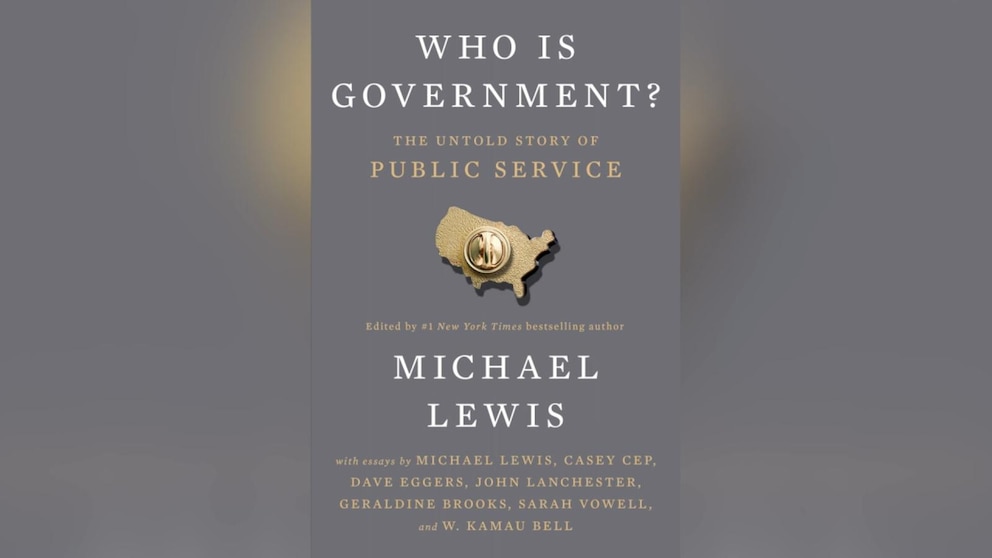Moneyball Author's New Public Service Film: A Data-Driven Approach to Social Change
Michael Lewis's latest project moves beyond the baseball diamond, using data analysis to tackle pressing social issues. The author of the bestselling Moneyball and The Big Short, Michael Lewis, is venturing into a new arena: public service filmmaking. His latest project, a documentary tentatively titled [Insert Tentative Title Here] (working title), promises a data-driven approach to understanding and solving complex social problems. This isn't just another feel-good documentary; it's a deep dive into the power of analytics to effect meaningful change.
A Shift from the Diamond to the Data: Lewis's New Focus
Lewis, renowned for his ability to translate complex financial and statistical concepts into compelling narratives, is applying his signature style to a significantly different field. While Moneyball revolutionized baseball management through sabermetrics, his new film tackles [mention specific social issue(s) the film addresses, e.g., the opioid crisis, inequality in education, criminal justice reform]. This shift highlights a growing trend: utilizing data analysis not just for profit, but for social good.
The Power of Data in Public Service
The film's premise hinges on the belief that data can illuminate hidden patterns and injustices, guiding more effective interventions. This is not about replacing human empathy with algorithms, but about leveraging data to enhance our understanding and improve decision-making. Key aspects the film is likely to explore include:
- Identifying key indicators: The film will likely showcase how statistical analysis can pinpoint the root causes of social issues, going beyond anecdotal evidence.
- Developing targeted solutions: By identifying patterns, the film will demonstrate how data can inform the creation of more effective and targeted programs.
- Measuring impact: The film will emphasize the crucial role of data in evaluating the success of social initiatives and adapting strategies accordingly.
Beyond the Narrative: SEO Optimization and Social Impact
The success of Lewis's new film transcends entertainment; it aims to inspire action and initiate conversations about data-driven social change. This necessitates a comprehensive SEO strategy to reach the widest possible audience:
On-Page Optimization Strategies:
- Keyword research: Thorough keyword research focusing on terms related to social issues, data analysis, and Michael Lewis will ensure optimal search engine visibility. Keywords may include: [insert relevant keywords, e.g., "data-driven social change," "public service film," "Michael Lewis documentary," "opioid crisis solutions," "educational inequality data"].
- Meta descriptions: Compelling meta descriptions that highlight the film's unique approach and social impact will entice viewers to click.
- Structured data markup: Implementing schema markup will help search engines understand the film's content and improve its ranking.
Off-Page Optimization Strategies:
- Social media marketing: A strong social media campaign will engage viewers and build anticipation for the film's release.
- Press outreach: Securing media coverage in relevant publications will amplify the film's reach and credibility.
- Influencer marketing: Partnering with relevant influencers can expand the film's audience and generate excitement.
A Call to Action: Join the Conversation
Michael Lewis's new film is not just a movie; it's a call to action. By leveraging the power of data and storytelling, it aims to inspire a new era of data-driven social change. Stay updated on the film's release and join the conversation using the hashtag #[insert relevant hashtag]. Let's use data to build a better future.
